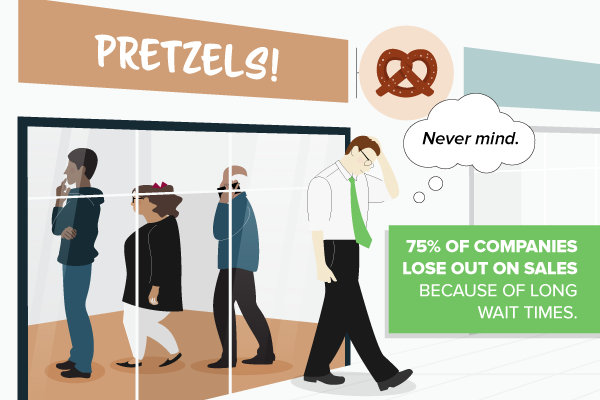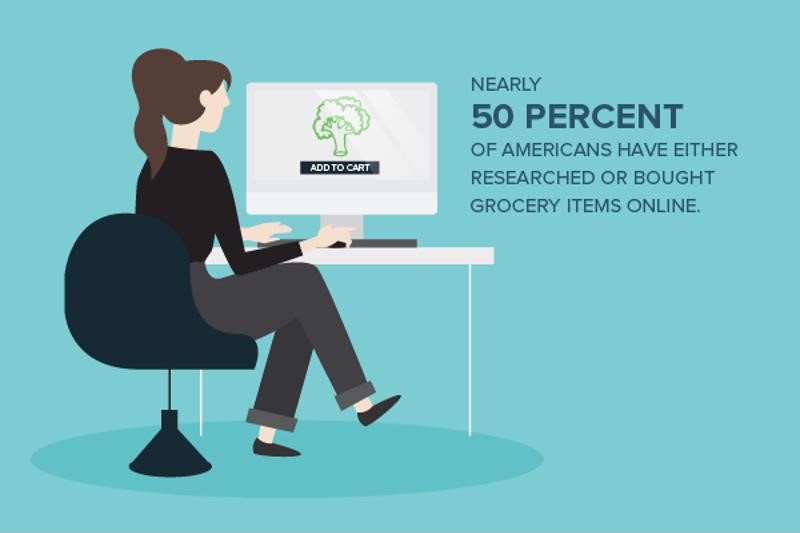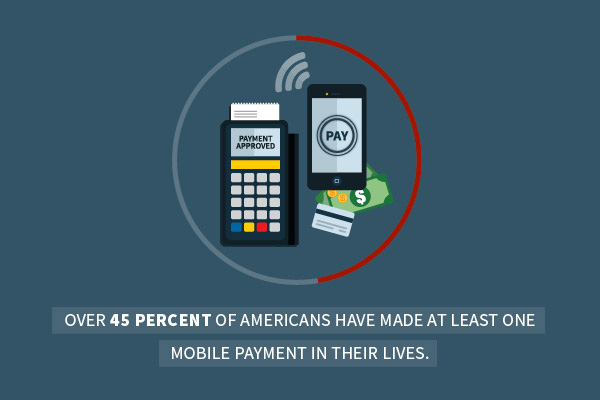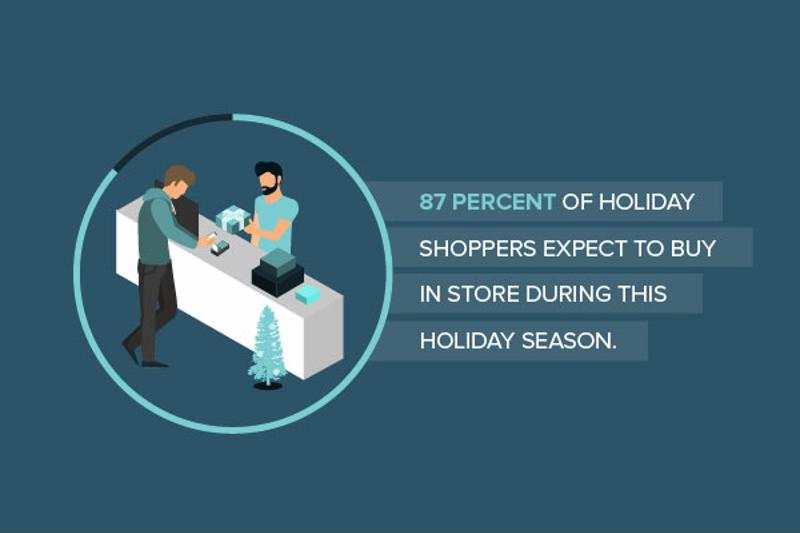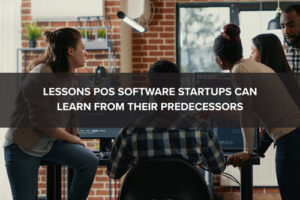Global mPOS Installed Base
As a POS system reseller, you likely understand that many of your clients already use – or want to use – mobile-based POS extensions because they recognize how the technology improves customer experiences. As a result, this sector is booming. A study from 451 Research predicted 54.03 million mPOS units will be active by 2019. This isn’t surprising: With mPOS, customer service personnel can line bust (i.e. handle transactions on the floor instead of forcing patrons to wait in queues), while diners don’t have to wait for servers to head back to fixed terminals just to print the check. The advantages go on.
However, some merchants may see little value in mPOS: Their fixed POS systems get the job done just fine, so why invest in mobile extensions?
It’s part of your job as a reseller to answer that question and convince those stubborn store and restaurant owners that they need a mobile-based POS environment. So, here are several mPOS use cases and benefits you can reference when selling to fixed POS users.
“88% of U.S. adults desire faster store checkout experiences.”
Pay at the table success
Today’s restaurant POS systems go beyond basic dish ticketing functions. Many automatically update back-end inventory systems whenever servers ring up meals and send tickets to the kitchen. Others support mPOS devices that accept EMV cards, near-field communication and other technologies at the table.
In fact, Datacap Systems and Ingenico Group recently teamed up to install a pay-at-the-table solution at a New Jersey and Philadelphia-based pizzeria chain, Uncle Oogie’s. The solution not only accepts all forms of electronic payment, but also reduced the amount of time customers had to take ordering food. Louie Cerone, owner of Uncle Oogie’, expanded on how the technology allowed the business to gain an advantage on the Jersey Shore, a notoriously competitive location.

“With the pay-at-the-table solution, we’re also able to offer our customers curbside pickup, allowing them to receive their food and pay without needing to leave their car, which many of our customers take advantage of,” said Cerone.
Reducing checkout times
It’s not surprising that 88 percent of U.S. adults desire faster store checkout experiences, according to a survey commissioned by Digimarc. The study also revealed 61 percent of consumers believe clerks focus too much on scanning items instead of inquiring into whether patrons found what they needed. There are two ways mPOS extensions can resolve these issues:
- Skip the lines: There are plenty of customers who only want to purchase one or two items at a time. Why force them to wait in line among people who are buying much more merchandise? Equipping on-floor staff with mPOS devices enables customers to quickly buy items in the aisles and skip the lines altogether.
- Receive more insight: Floor staff focus on ensuring customers find the products for which they’re searching instead of ringing up as many people as possible. They can spend time answering questions and directing individuals to products relevant to their needs because that’s what they were hired for. After assisting customers, they can use mPOS devices to handle the purchase.
“Consumer choices dictate which products and services survive in any economy.”
Universal payment acceptance
Consumer choices dictate which products and services survive in any economy. Today, customers have a variety of payment options to choose from, some of which may be more convenient for them. mPOS providers have recognized this, developing their systems to accommodate NFC, EMV, Apple Pay and other payment technologies.
PYMNTS spoke with Mosambee CEO Alok Arora, who explained POS manufacturers are future-proofing their products, ensuring customers can choose whichever payment methods they find most suitable.
The point is this: Don’t restrict choice. Merchants must avoid indirectly forcing customers with EMV cards to pay with magnetic stripe cards simply because their stores don’t have the technology to support it, especially when such solutions are available and affordable.
All in all, mPOS will enable your clients to grow their businesses. It’s what customers are looking for, and merchants need to adapt their operations, where appropriate, to meet the demand. Mobility should be looked at as a big opportunity for solution providers to add value.
Want to enable mobile payments for your customers?
Related Articles:
Featured
The stage is set for increased mobile payment adoption. Are your clients equipped to accept NFC payments?
In the rush to buy “must have” gifts for kids, spouses and co-workers, there is one other, less enjoyable accessory to Christmas time: lines, and lots of them. Here’s how to combat lines during the holiday season.
Brick-and-mortar retailers and e-commerce companies are in the midst of a game of one-upmanship, a battle that features each side vying for a larger slice of the customer-loyalty pie.
Cloud computing makes maintaining and obtaining vast amounts of data possible. But do cloud-based point of sale systems offer advantages in other respects? You be the judge.
Here are 5 POS system traits that food trucks can’t afford to do without.
An increasing number of supermarkets are supplying patrons with a plethora of payment possibilities – with mobile POS in particular gaining traction.
Here are a few of the concept trends the National Restaurant Association expects in 2018, several of which are tailor-made for mobile POS solutions.
What you need to know about Apple Pay and Google Pay
Mobile point of sales systems give business owners the competitive advantage they need to stay one step ahead of rivaling retailers.
Nearly 9 in 10 consumers – 87 percent – say they’ll be scouring retail store aisles in search of the perfect holiday gifts, according to recent polling.



